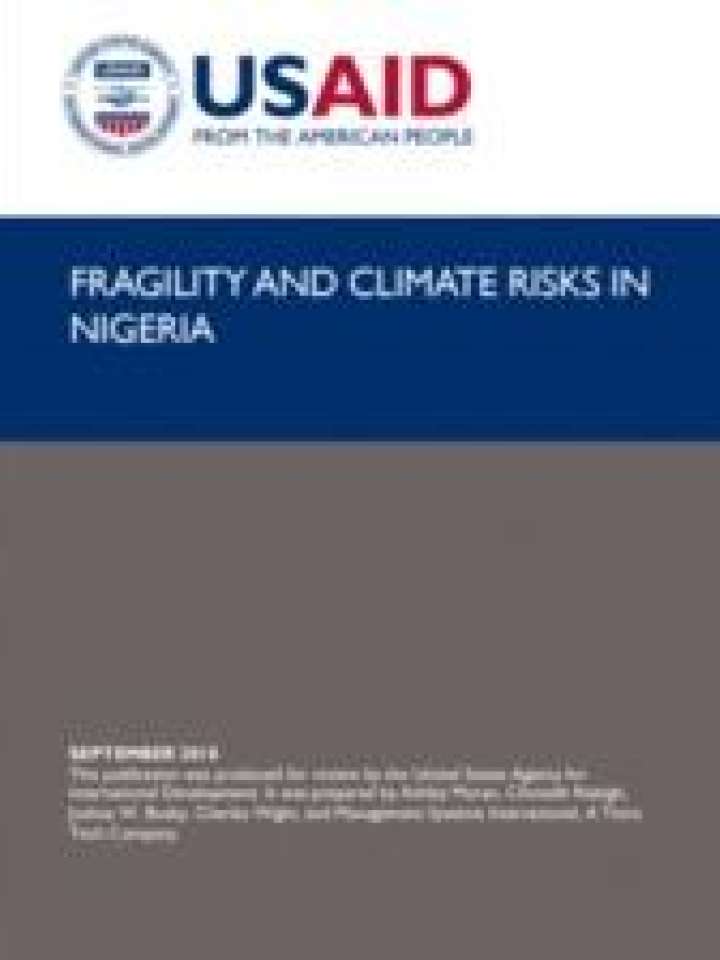Fragility and climate risks in Nigeria
Nigeria faces among the highest compound fragility-climate risks globally. It suffers from ongoing fragility and conflict that severely limits the state’s ability to respond to the country’s considerable climate challenges. At the same time, environmental stress may be increasing the severity of land conflicts and food shortages. Given the gravity of the challenges facing Nigeria, understanding the complex relationship between fragility and climate risks is critical.
This brief first identifies the locations and populations across Nigeria that face the greatest climate exposure risks and outlines the specific climate risks they face. Second, it discusses current fragility dynamics, the capacity of the state to respond to public needs, and aspects of fragility that present the greatest risks to stability. Importantly, it understands fragility as being rooted in poor state capacity and poor state-society relationships, both of which can contribute to instability. Lastly, this brief describes how the state’s compound fragility-climate risks heighten insecurity in Nigeria.
Three specific dynamics—conflict and famine risk in the North, rising violence between herders and farmers in the Middle Belt, and simmering tensions over management of natural resources in the Niger Delta—provide key examples of the challenges to stability posed by the compounding fragility and climate risks in the country.
Nigeria’s persistently troubled management of state-society relationships suggests that effective policy implementation has been lacking and will be difficult in the years ahead. Nigeria’s ongoing crises also highlight that opportunities to change the country’s trajectory do exist, particularly at the institutional level, and may sometimes be best leveraged in nontraditional ways that can yield co-benefits for both peace and climate adaptation.
Explore further
